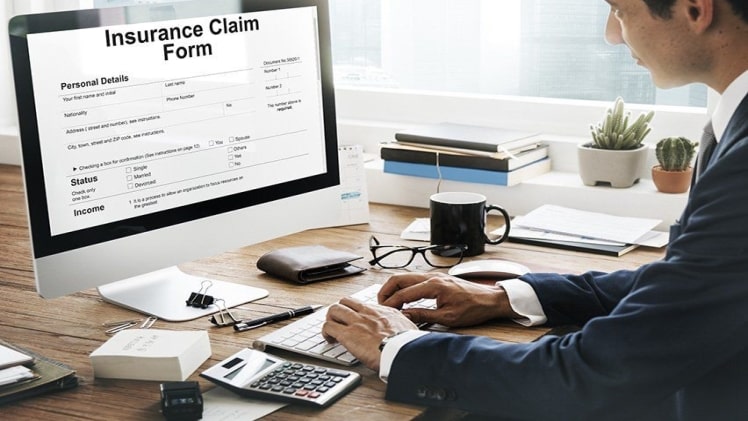Knowing that you must safeguard your small business from the unexpected is one thing; but, are you aware of the most prevalent hazards that small businesses face?
We understand the risks small businesses confront because we come across claims on a daily basis. In this article, we’ll review the most common small business claims and provide you with some useful tips as to how you can avoid them in the future.
Protecting Your Business Against the Top 5 Most Common Claims
You may avoid the top 5 most common claims from occurring in your business by following a few simple procedures. Here are some suggestions to assist you in lowering your risk:
- Safeguard Your Property and Assets Against Theft and Burglary
- Security systems should be installed to protect your company against theft and burglary.
- Install appropriate illumination in exterior and interior spaces to prevent trespassers while the business is unattended, and secure all doors, windows, and other access points when the business is not in use.
- Perform background checks on employees and encourage workers to take proactive steps to assist in decreasing theft. Click here to see if someone has an arrest record.
- Make certain that you have a system in place for tracking and controlling inventory.
- Consider a public liability insurance policy that covers your business and its assets
- Safeguard your property and assets against storm-related damage
- Understand the topography of your location, taking into account the possibility of storm-related damage or other natural occurrences (e.g., the proximity of trees or elevation for storm water run-off).
- Ensure that any overhanging tree branches are pruned, and any unstable trees are felled.
- Verify that your building is in good shape, paying particular attention to the roof, gutters, and eaves.
- Secure any loose things that could become projectiles in high winds, and anchor any outdoor equipment or material that are at a high risk of damage.
- Prepare your company for the potential of a prolonged power outage – including where you would relocate any perishable inventory and whether you would purchase Business Interruption insurance.Read more about: theblogspost ,Visit more here: infominutes
3) Physical Damage to Property (Accidental & Malicious)
- Make sure your company’s facilities are in good condition and address any minor issues as soon as they arise.
- In order to prevent vandalism and other malicious harm, consider hiring security guards or installing comprehensive security systems. Click here blogradiovn.com to get top news all over the world and you can also check out this site rdxnet.biz for getting more info.
4) Failure of Pieces of Machinery and Equipment
- Perform regular proactive inspections and maintenance of your machinery and equipment.
- Store equipment and machinery in a safe and secure manner, with electrical connections free of dust and other obstacles.
- Ensure that any equipment is only operated by experienced and trained operators who know how to use it in the manner in which it was intended (i.e., do not run it at full capacity or in unfavourable environmental circumstances).
- Make sure you have comprehensive warning sign systems in place and replace any worn parts as soon as possible.
- Take appropriate safety measures
- Remove any tripping hazards from walkways and floors, and provide appropriate lighting to keep people from slipping, falling, and getting hurt.
- Make certain that access to potentially hazardous sections of your workplace, such as machinery or hazardous items, is strictly controlled.
- Make sure you have mechanisms in place to ensure that you manage your clients’ property with care and diligence, and train your personnel on how to avoid accidents and reduce risks.
Also Read: Trending News from Right News Network

